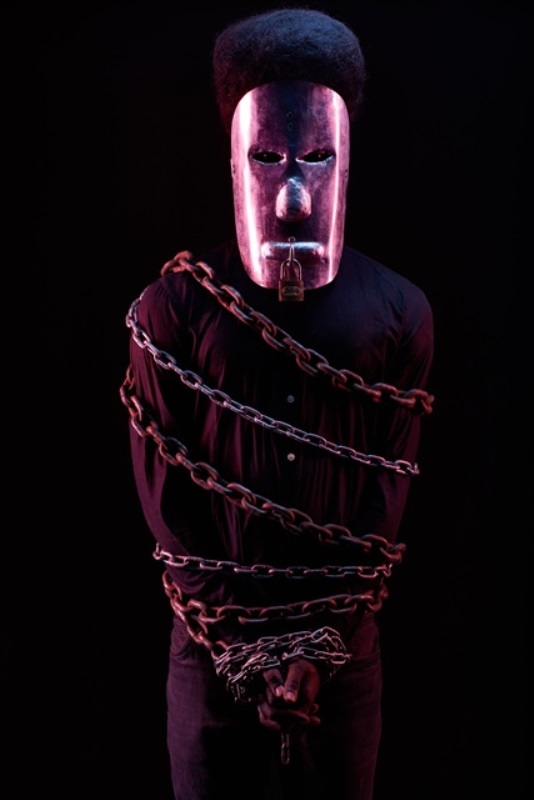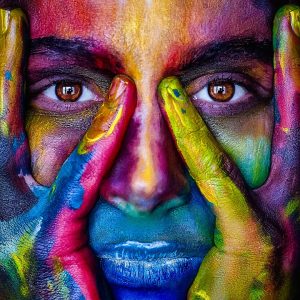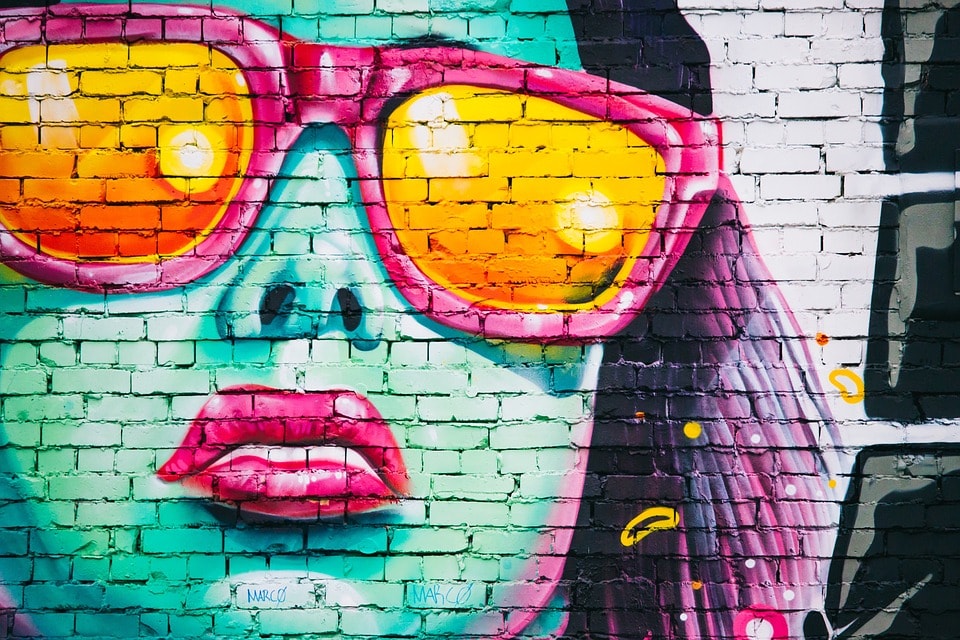By Sally Akinyi and Sylvia Musalagani
Spiralling Censorship
Recent times in East Africa have seen countries at the margins of interesting junctures: the arrest and torture of activists such as Bobi Wine in Uganda, sanctions against media in Tanzania and the crumble of media independence in Kenya. These entire commonalities link to a civic space fighting for survival characterized with threatened freedom of expression.
These incidences further indicate normalisation of a pro-censorship culture. In Kenya for instance, the Kenya Film Classification Board has been leading an overzealous censorship campaign that seems to curtail any creative expression that seeks to distort society’s moral compass. Such creative expression often times seek to challenge and create alternative narratives on sexuality and sexual expression and the status quo around them. This culture has spiralled throughout the region through draconian regulations of the online and traditional media and creative sector.

Spaces of hope are rising!
However, these interesting developments have somewhat caused citizens to pause and reflect on their future. We have witnessed the rise of social media movements on Twitter such as Kenyans on Twitter (#KOT) with a resurgence of art and activism where citizens can freely express themselves. Online platforms have become key advocacy tools for social justice in our societies. YouTube videos have led conversations on government accountability and memes and hashtags (#) have exposed corruptions and other social ills.
This similar form of art was witnessed in the 1960s during the American civil rights movement.. Young people took to music and the arts to speak out against trends that were a breach to human rights. University students protested the banning of literature texts that wrote about democracy and the era of multi-parties. This interesting trend is currently on the rise in Kenya, Uganda and Tanzania. Musicians have gone against popular culture to produce music that speaks on the governance challenges in our societies and film makers are telling stories of minority groups facing discrimination. Activists and artists have formed a coalition of the willing to expand alternative spaces free from state control and oppression. From the surge of these platforms, one message has been clear: spaces of hope are rising!
Artivism a powerful form of art to counter repression has sparked appreciation towards visual arts and social movements. In its own little storm; artivism is causing such a stir such that academia, progressive politicians and citizens in general have now become avid consumers of art. Evolving from the civil rights movement, it is no longer a ‘child’ of civil society or human rights but a tool of expression especially in countries where freedom of expression is limited.

Through artivism, artists can now liberate themselves from the claws of society which symbolise power and oppression and have taken different forms of action in the threatened civic space. These include: the rise of legislations that restrict CSOs from operating freely, sexual minorities not enjoying their sexuality and expressing themselves freely, demonstrations marked with police raids, killings and detention of activists and restrictions on online expressions characterised with the rise of ‘new tax measures’ in Kenya and Uganda and censorship and surveillance in Tanzania.
Applauding artivists
While the reality painted of the shrinking civic space is quite stark! Artivists have been quite innovative in circumventing the legislative turf. In Kenya, we celebrate Wanuri Kahiu whose film: Rafiki has continued to prove that LGBTI persons are human beings like any other and deserve to enjoy their sexuality without stigma or discrimination. In Tanzania, we recognize Maxence Mello’s unwavering resolve to keep on advocating for the rights of bloggers through the Jamii Forums which has faced shutdown many times. In Uganda, we salute politician and musician: Bobi Wine whose undying voice is still a tool of artivism that continues to fight for a liberal civic space.
There’s R.O.O.M at Hivos
At Hivos East Africa, we are giving R.O.O.M to young content creators and artists to continue to add a voice to the shrinking civic space through dialogue, debate and dissent. Through the new program: Resource of Open Minds (R.O.O.M) project is supporting the work of creative content curators such as musicians, artists, filmmakers, gamers and other media producers who are using online platforms to ignite social debate. We believe by giving R.O.O.M to a new generation of artists, society can benefit by expanding spaces of civic freedom where citizens do not have barriers to influence the choices and decisions of the established order.




